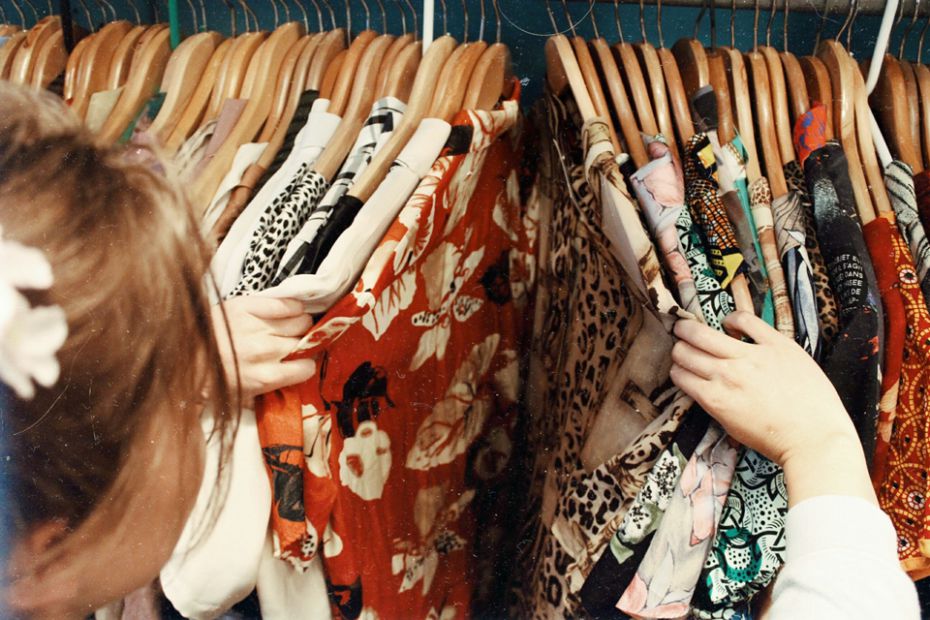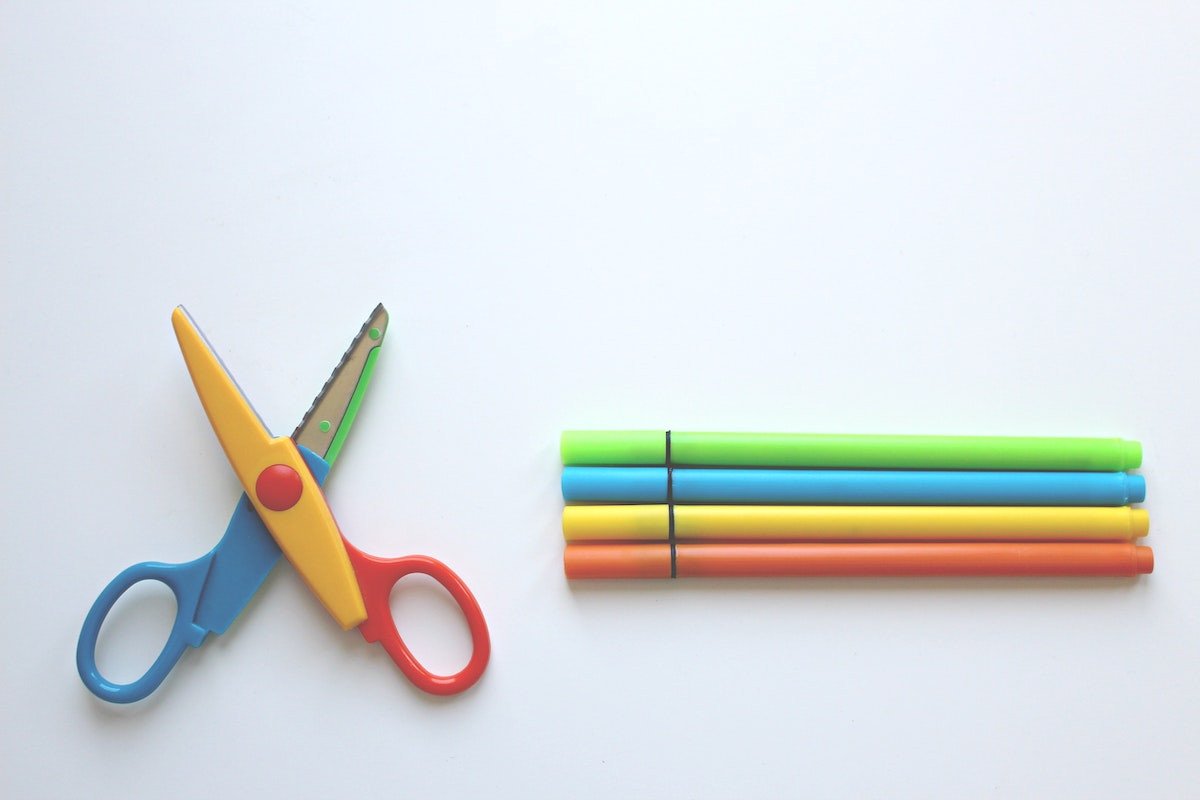What is lifestyle creep, and is it creeping up on you?
When I first heard the term “
lifestyle creep,” I cupped my hand over my mouth. It was that familiar feeling when you finally learn there’s a term for something you’ve been trying to describe.
According to Investopedia,
lifestyle creep “occurs when an individual’s standard of living improves as their discretionary income rises and former luxuries become new necessities.”
Lifestyle creep, otherwise known as “lifestyle inflation,” is when you’re constantly “leveling up” alongside your salary or wage increases. All of a sudden, your spending habits become normalized—and all of your financial plans have gone to…well, you know where.
My Money, My Life: How Lifestyle Creep Slithers In
You work hard, so you deserve that dream vacation that you’ve been wanting forever. When you finally
get the raise that takes you to “the next level,” you’re poised with your credit card to book the trip.
This is where lifestyle creep might slither in. When you first pictured this dream vacation, you pictured being on the beach, accompanied by
a good book. Now that you’ve entered a new pay grade, however, maybe you should also book the expensive massage at the hotel. In fact, maybe you should upgrade your hotel room.
Lifestyle creep is the little voice that justifies making little increases in spending. Before you know it, you’re outfitted in very expensive clothes, and you suddenly can’t live without your bi-weekly facial.
I first really noticed lifestyle creep during the early days of the pandemic. I was bored at home with a newborn and a Spectra pump—and Instagram served me an ad for something definitely beyond my means. The trap was set, and I had no idea.
“Well, if Instagram thinks I can afford this sweater…”—and I pressed the purchase button. From then on, Instagram started serving me more and more expensive items that were obviously beyond my means, including:
- A $280 baby carrier
- A brand of $300+ sweaters (that are beautiful, but I just can’t)
- Expensive skincare items
- “Designer” sweatsuits that cost well over $400 (who is spending this much on sweats?)
Beyond the digital sphere, I see lifestyle creep all over the place. As I navigate my late thirties, I’m watching some of my peers buy homes, nicer cars, beautiful vacations, and did I mention entire homes?
There’s pressure—there’s weirdly always been this pressure—to adhere to standards that were built by a different generation. It’s tough to admit when you can’t afford to buy a home in a market that’s gone absolutely hog-wild (aka Southern California real estate in 2023), but it’s important to separate “what you should have” from
what is realistic to your life.
How Lifestyle Creep Attacks
According to
NerdWallet, lifestyle creep can diminish your checking account, take away from your emergency fund, and destroy
your savings goals.
When, with every pay increase, you prioritize spending more instead of saving more, you’re hurting yourself in two long-term ways:
- You’re spending instead of saving money for emergencies or retirement
- You’re creating a lifestyle that can be difficult or impossible to maintain long-term (especially if you experience job loss)
How to Prevent Lifestyle Creep
We think that you should indulge in vacations and items that bring you joy and happiness. You work hard, and you've earned the ability to do so. However, here are some tips that will help you do it in a more deliberate way.
1. The Budget Is Your (Best) Friend
Your best defense against lifestyle creep is
creating and maintaining a budget. We know, we know. Budgets seem like the enemy of spontaneity, but they’re actually a great companion.
Your budget can (and should!) include discretionary buckets for fun, vacation, and “treat yourself” funds.
Budgets allow you to keep real track of your spending, your moods, and what happens when you give into purchases that you can probably do without.
2. Take a Beat to Consider
Before purchasing something, take a beat. Imagine looking at this charge on your bank account at the end of the month.
Could you have lived without it? As with any
impulse buy, give it a moment (or 24 hours of moments) before buying. If you’re in a store, leave. If you’re browsing online, close out the tab.
3. Build Your Retirement Funds (Or Emergency Funds)
Yep, we’re talking about
401(k)s and Roth IRAs. If you have access to a 401(k) or Roth IRA, contribute early, often, and generously.
Retirement savings targets are often linked to your income. When your income increases, adjust your contributions toward retirement accounts before booking the couple's jet ski tour on your next trip.
4. “Pre-Assign” Extra Funds
This tip is inspired by
YNAB’s Jesse Mecham. Give your money a job—before you even get it. This is especially important when dealing with an unexpected influx of money, like a bonus or a tax refund.
If you earn extra income, have a designated place to put it. For example, say you received a $5,000 pay bonus. You might divvy it up like this:
- 50% to Savings: $2,500
- 25% to Debt Payoff: $1,250
- 10% to Future Vacation Fund: $500
- 15% Discretionary Spending: $750
9 Common Lifestyle Creeps + How to Avoid Them
For this final section, we’re going to talk about common creepers to look out for, how to know you might be “overdoing it” in this area, and how to avoid them.
1. Clothing + Shoes
Retail therapy has a name because it’s effective—but it’s just a hit of serotonin followed by…a credit card bill.
How to De-Creep Your Spending:
I found a really great tip when looking through budgeting templates and bullet journal layouts. When you want to buy something that hits a monetary threshold, write it down.
Write down what it is, what it costs, and why you want it. Wait at least 24 hours. If you do buy it, circle back in three months and write an honest review of the item. How much you used it, and if you would buy it again given the chance.
2. “Self-Care” items
The whole “self-care” industry relies on us believing that we need all of the snake oil they’re selling in order to live a wholesome life. We don’t.
In fact, many products and services marketed as self-care are either unnecessary or simply “nice-to-haves,” so try to separate what you need from what you like.
How to De-Creep Your Spending:
When looking through a month of spending, pick out your self-care items. Which were really, really worth it? Conversely, which products were duds? Did you really need that $80 moisturizer that your favorite influencer was selling, or is the $10 moisturizer just as good?
3. Cars + Transportation
This is a popular way for the lifestyle creep to show up in a big way—your ride! When you get a big promotion and a title change, you might want a shiny new Tesla to go along with it.
If you live in a city where you don't need a car, the same goes for your spending on cars, cabs, and rideshares. Of course, always err on the side of safety when you have been drinking or when it's late. However, if you're able and willing to take public transportation, bike, or walk, do it.
How to De-Creep Your Spending:
We’re not here to tell you how to live your life, but try to really think about big purchases, like a car. Is your current car totally fine? Do you really need a new car, a bigger car, or an additional car?
For big lifestyle creeps, like a car, remain vigilant. Be honest with yourself about your why. If you can make it work with your budget and it makes you happy, then go for it.
4. Housing
Similar to the car, the home is a big way to showcase your lifestyle. In addition, there is definitely societal pressure to own a home, but that’s a whole other discussion.
If it’s time to move, be logical when looking for your new home. Separate the “dream house” from the reality of living in a place. If you’re looking at an apartment in a luxury high-rise, do you really want to live on the 20th floor? Do you need three bedrooms, or is your Peloton going to live in that third room with the old couch?
How to De-Creep Spending:
Most experts advise folks to keep their housing costs below 25% of their net income.
While this can seem impossible in some metropolitan areas, this can be a goal that keeps you away from other lifestyle creeps when you receive your next big raise. For example, if your rent is currently taking up 35% of your budget, then make it a goal to get to 25% or lower.
When you receive your next pay increase, don't look for a nicer apartment that is going to cost 40% of your new salary. Stay put so that your housing costs take less of your entire paycheck.
5. Extravagant Vacations
I’m definitely guilty of falling into a vacation mindset. $15 for two tiny airport tacos? Sure! $25 glass of airport wine at 10 a.m.? Absolutely! More legroom upgrade for $299? YOLO, right?
Impulse spending is the absolute enemy of long-term financial goals. You don't need to fight the urge to have a fun vacation. You only need to plan it beforehand.
How to De-Creep Spending:
You can have a perfectly lovely vacation without breaking the bank. Before you leave for vacation, create and build a budget.
Within that budget, you can have travel, accommodations, dinner, shopping, and even your YOLO purchases. Just set the budget before getting into vacation mode—and try to stay within it.
6. Expensive Dinners or Nightly Meal Kits
Meal kits are so easy, right up until you decide you’re too spent to chop another onion and you order DoorDash instead. I love DoorDash, which is why it’s the area of my own budget that I have to watch most!
Expensive dinners are a creeper too, especially when you dine with folks who spend lavishly. Keeping up with the Joneses is also a huge entry point for lifestyle creep—and that never ever goes away.
Even super multi-millionaire Kevin Hart has a bit where he realizes he can't hang out with professional athletes due to the amount of money they spend.
How to De-Creep Spending:
Make yourself a
food budget according to your lifestyle. Your food budget is going to look different if you love dining out.
Sometimes, delivered meal kits really save money. Other times they go to waste, or they’re not economical for the type (and amount) of food you like to eat.
Create shopping lists when you order groceries and make sure to have a snack before you hit the market! There’s no better way to spend the entirety of your food budget in one go than by entering a supermarket while hungry.
When it comes to dining with friends who are in a different tax bracket, maybe skip these dinners. Suggest a dinner at home or a different social interaction that doesn't require you to split a check that resembles your mortgage.
Finally, when it comes to dining out, watch out for these two budget suckers: drinks and appetizers.
7. Credit Card Debt
Ah, the old
debt versus saving conundrum. Can you save money while paying down debt? Yes, you can. It’s crucial to set realistic expectations and treat the two jobs as separately as possible.
Growing credit card debt is basically the #1 signifier that you’re spending above your means.
8. “Why Not?” Items (aka Impulse Purchases)
We’re all guilty of a “Why not?!” purchase once in a while. They feel good in the moment but can hurt your finances long-term.
You’re especially vulnerable to this type of spending when you’re feeling like a pick-me-up or when you’re hob-knobbing with folks who earn more than you do. If you've been doing lots of
impulse spending, you might be covering up something deeper, so take a look.
How to De-Creep Spending:
A “why not” purchase is fine every now and then. However, if you find yourself repeatedly spending money as a quick fix to make you feel better, track your moods in relation to your spending.
If your “why not” spending happens around certain people, be aware. For example, we all have a friend or family member who delights in egging us on to buy something extravagant.
9. Subscriptions
I'm going to try not to vent on this final item, but I can't make any promises here. When streaming services were launched, we were offered a world where we could cut off our expensive cable bills. Fast-forward a few years, and all of these smaller charges on our monthly bills really add up! Suddenly, we’re spending more on television and movies than ever before.
How to De-Creep Spending:
Conduct a monthly audit of your recurring charges. Try to eliminate charges that aren’t essential. If you really miss them, you can re-subscribe at a later date.












